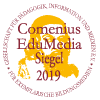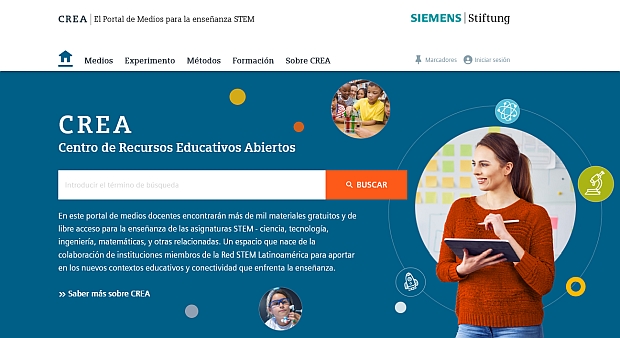Bending water (teacher information)
Text
Teaching methods:
Teaching methods for teachers are given on the worksheet of the same name.
Type of media:
Text
Last update:
2017-09-27
License:

This medium is made available under a CC BY-SA 4.0 international license.
What does this mean?
How to reference this medium

This medium is made available under a CC BY-SA 4.0 international license.
What does this mean?
How to reference this medium
Description:
The task addresses the dipole properties of water. Basic ideas on particles with a dipole nature should be used in the explanation of the “Bending a stream of water in an electrostatic field” experiment. The students should have prior basic knowledge of electrostatics and the atomic structure of matter. The level of difficulty of the task is medium to high, depending on the extent of the students’ prior knowledge.
As background for the task, the teacher information includes an explanation of the dipole properties of water and how they affect, for example, the freezing and boiling points. These properties also influence the behavior of water in the condensed (liquid) phase.
The six incremental hints for the task are provided with the corresponding answers. They are also available as a separate ready-to-print medium named “Bending water (hints for printing)” or as an interactive medium named “Bending water (interactive hints)” on the media portal of the Siemens Stiftung.
As background for the task, the teacher information includes an explanation of the dipole properties of water and how they affect, for example, the freezing and boiling points. These properties also influence the behavior of water in the condensed (liquid) phase.
The six incremental hints for the task are provided with the corresponding answers. They are also available as a separate ready-to-print medium named “Bending water (hints for printing)” or as an interactive medium named “Bending water (interactive hints)” on the media portal of the Siemens Stiftung.
Related media:
Learning resource type:
Teaching ideas; Teaching methods
Subjects:
Chemistry; Physics
Grade levels:
Grade 5 to 6; Grade 7 to 9
School types:
Middle/high school
Keywords:
Electricity; Force; Particle; Water
Bibliography:
Siemens Stiftung Media Portal
Author:
Dr. Lutz Stäudel and MediaHouse GmbH
Rights holder:
© Siemens Stiftung 2017



